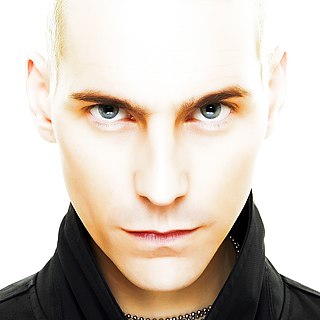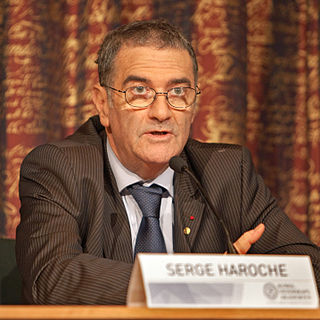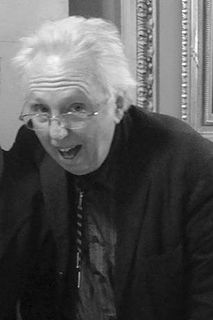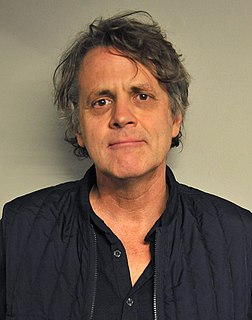A Quote by Tony Vincent
Technology has come such a long way and you could pretty much do everything what's called 'in the box'. It means that it never has to leave your computer.
Related Quotes
Cloud computing means you are doing your computing on somebody else's computer. Looking ahead a little, I firmly believe cloud - previously called grid computing - will become very widespread. It's much cheaper than buying your own computing infrastructure, or maybe you don't have the power to do what you want on your own computer.
The personal computer was a disruptive innovation relative to the mainframe because it enabled even a poor fool like me to have a computer and use it, and it was enabled by the development of the micro processor. The micro processor made it so simple to design and build a computer that IB could throw in together in a garage. And so, you have that simplifying technology as a part of every disruptive innovation. It then becomes an innovation when the technology is embedded in a different business model that can take the simplified solution to the market in a cost-effective way.
I was really looking at computers as a way to understand the mind. But at M.I.T., my mind was blown by having a whole computer to yourself as long as you liked.I felt a surge of intellectual power through access to this computer, and I started thinking about what this could mean for kids and the way they learn. That's when we developed the computer programming language for kids, Logo.
Technology is such a broad kind of term, it really applies to so many things, from the electric light to running cars on oil. All of these different things can be called technology. I have kind of a love-hate relationship with it, as I expect most people do. With the computer, I spend so many hours sitting in front of a computer.
A weird theory I have is we come from a suppressed culture. Ireland is one of the most invaded countries ever. I think the British started it very early, it could be like 800 that decided to come and show us out; and the Danes in the north. We've had a tough time and pretty much a similar culture would be the Jewish culture; they had a pretty hard time. They were being kicked around for a long, long time.
They are born, put in a box; they go home to live in a box; they study by ticking boxes; they go to what is called "work" in a box, where they sit in their cubicle box; they drive to the grocery store in a box to buy food in a box; they talk about thinking "outside the box"; and when they die they are put in a box.



































